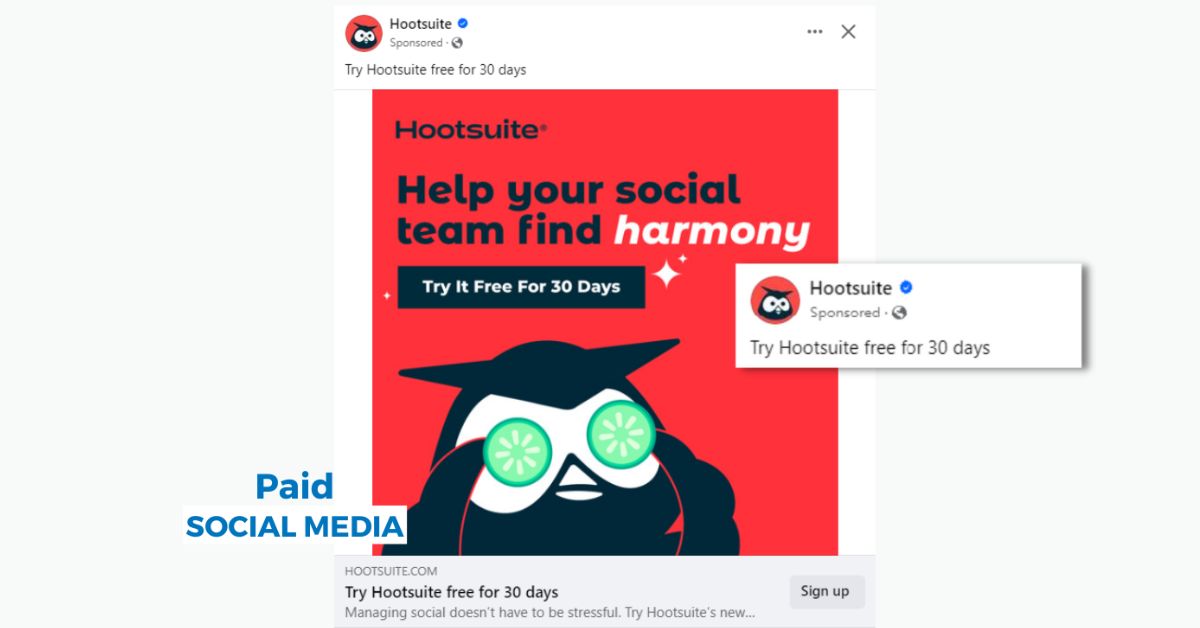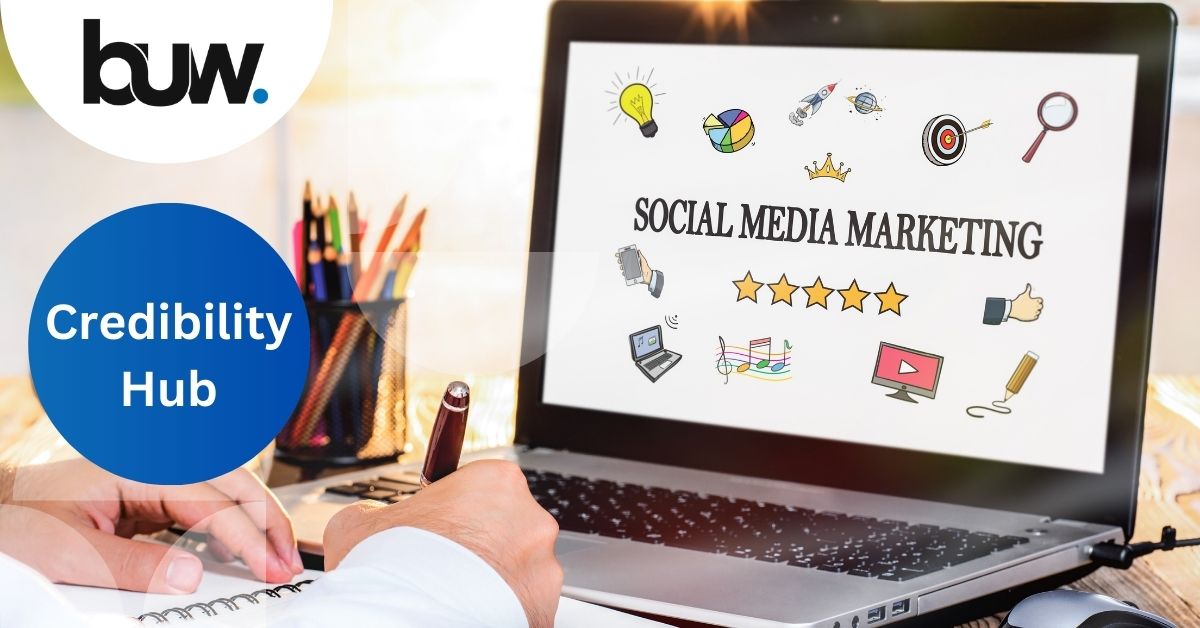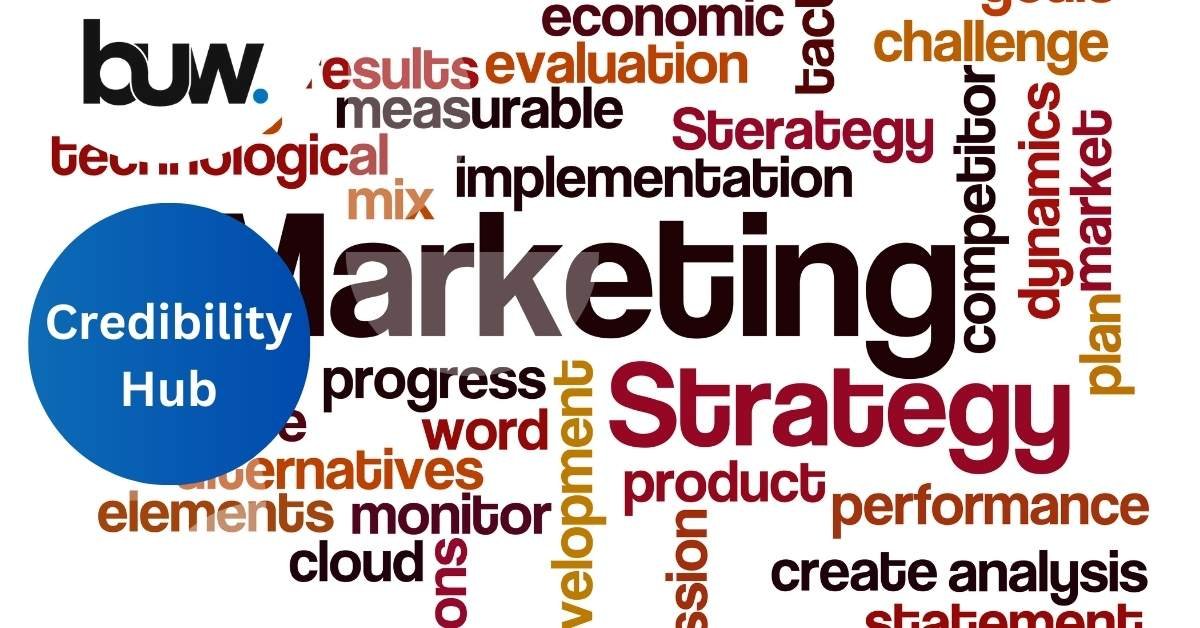Listen, every business executive knows the power of social media. We interact, connect, and eventually convert there. But a crucial dilemma arises while developing your social media strategy: should you use paid social media or organic social media?
Business executives like you need to stay up-to-date on the best ways to reach your audience because the digital landscape is constantly evolving. Let’s take a moment to recognise the importance of social media marketing before getting into the details.
It may surprise you to learn that 4.33 billion individuals use social media regularly worldwide. This astounding statistic demonstrates the enormous potential that social media platforms offer businesses to engage with their target market.
This blog aims to give you the information and perspective you require to effectively deal with the ever-changing world of social media marketing.
So, what's the difference between organic and paid social media?
Organic Social Media

The term “organic social media” describes the process of creating a social media presence using free tools and methods. It involves creating and distributing content without spending money on extra advertising.
Paid Social Media

On the other hand, paid social media involves spending money to increase your content’s or your ads’ visibility on social media platforms. This can apply to promoted blogs, display advertising, and sponsored posts.
Which One is Better?

Both organic and paid social media strategies have distinct benefits and can be effective in different scenarios. The best approach ultimately depends on your target audience, budget, and unique goals.
Organic Social Media Pros:
1. Cost Effective
Unlike paid social media, organic social media does not require direct money to be invested in content promotion. Long-term cost-effectiveness is ensured by the lower ongoing costs associated with establishing a strong organic presence, even though it may require some time and effort.
2. Builds Genuine Relationship
Organic social media allows businesses to connect with their audience more authentically and genuinely. Businesses can gain followers’ confidence and create deep connections by delivering insightful content, answering comments, and having meaningful conversations.
3. Fosters Brand Loyalty
By utilising organic social media strategies, businesses can build a sense of community around their brand. Businesses can build a loyal and engaged following by encouraging discussions, sharing user-generated content, and providing behind-the-scenes glimpses.
Organic Social Media Cons:
1. Slow to Generate Results
It frequently takes time for organic social media to take off and produce tangible results. Gaining a devoted following and growing interaction naturally takes time and patience, and results might not come right away.
2. Limited Reach
As social media platforms keep focusing on paid content and advertisements, organic reach has become more and more limited. Businesses could find it difficult to attract a larger audience and optimise their social media visibility without spending money on paid promotion.
3. Requires Consistent Effort and Patience
Establishing and sustaining an organic social media presence requires ongoing effort and dedication. In order to see significant returns, patience is required for the long-term investment that goes into producing high-quality content, interacting with the audience, and building connections.
Paid Social Media Pros:
1. Instant Visibility and Reach
One of the primary advantages of paid social media is its ability to provide instant visibility and reach. Businesses can boost exposure and engagement by investing in paid advertising to make sure their content reaches a wider audience and shows up prominently in users’ feeds.
2. Highly Targeted Audience Segmentation
With the advanced targeting potential provided by paid social media, businesses can reach particular demographics, interests, and behaviours with their ads. This level of audience segmentation not only enhances the possibility of conversion but also contributes to building brand authority.
3. Ability to track and measure ROI
Paid social media campaigns give businesses access to comprehensive analytics and tracking capabilities, enabling them to track the effectiveness of their ads in real-time. Through the analysis of key metrics like click-through rates, conversions, and return on investment (ROI), businesses can evaluate the success of their campaigns and make informed decisions about how to improve their strategies.
Paid Social Media Cons:
1. Requires A Budget Allocation
Paid social media campaigns need a budget set aside for advertising, in contrast to organic social media, which doesn’t require a direct financial commitment. Businesses may need to invest a substantial amount of money to attain the desired outcomes, depending on the platform, targeting options, and campaign objectives.
2. Can Feel Less Authentic To Some Users
Although sponsored ads are useful tools for expanding visibility and reach, certain customers may find them to be aggressive or less genuine. To avoid losing potential customers in a sea of sponsored content, businesses need to find a balance between offering value to their audience and promoting their brand.
3. Requires Strategic Content Creation
To assure effectiveness, paid social media campaigns need to have strategically created content. To maximise engagement and return on investment, content must be relevant to the target audience and support campaign objectives. Failure to create compelling content can result in wasted ad spend and poor campaign performance.
In summary, there are distinct pros and cons to both organic and paid social media. The key is to create a thorough social media strategy that makes the most of both methods to interact with your audience, increase awareness of your brand, and produce significant revenues.
Frequently Asked Questions (FAQs)
Let’s go over some frequently asked questions from executives about organic and paid social media.
Yes, while organic social media doesn’t require direct payment for content promotion, it does require investment in terms of time and resources for producing material and community engagement.
While paid social media can provide instant visibility, achieving meaningful results often requires strategic planning, targeting, and optimisation over time, particularly when done right with effective content strategies.
Yes, relying only on organic reach could harm your visibility, particularly given that social media algorithms favour sponsored content and ad placements.
Conclusion
We hope that this blog has provided you with insightful knowledge on the ever-changing landscape of organic vs. paid social media. As you proceed across the digital landscape, don’t forget to adapt your strategies according to your business objectives and target audience interests.
And now for you: What are your thoughts on the ongoing question between organic and paid? Your thoughts and experiences would be much appreciated!
Are you ready to elevate your social media marketing efforts? Book an appointment with our team for professional advice and assistance.
Latha Karthigaa, founder of Brandupwise (BUW) Marketing, is dedicated to improving lead generation for medium to large enterprises. Her strategic insights focus on lead generation, client acquisition, and most important of all educating the businesses and their internal teams about sustainable growth. As a transformative force in the industry, she reshapes the narrative of success for every business under her expert guidance.
Contact
- latha(at)brandupwise(dot)com(dot)au







